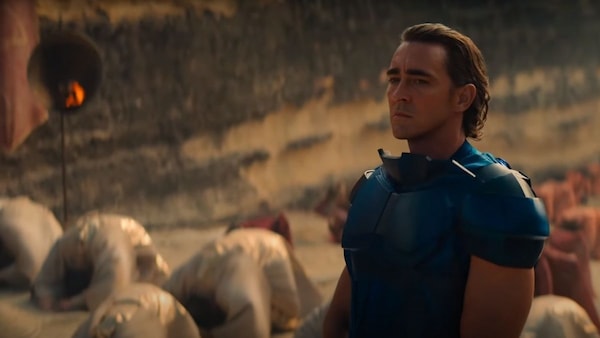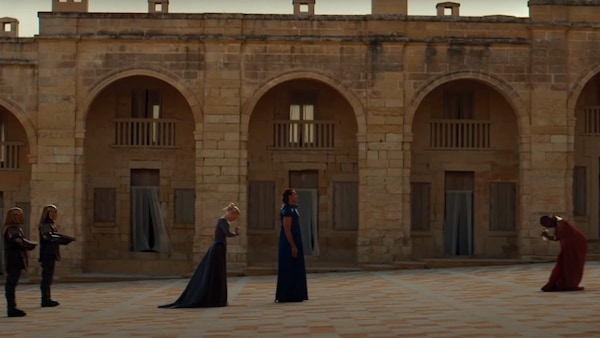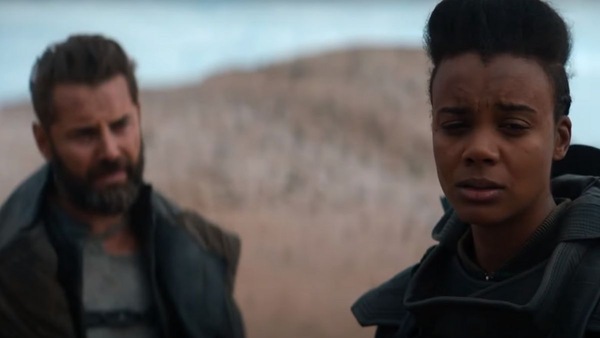Foundation Season 1 Episode 6 Review: Complex themes of individuality lost in familiar tropes
The episode further delves into many political allegiances across the galaxy and also attempts to provide further clarity into the several subplots set up in the previous episodes

Last Updated: 11.07 PM, Oct 24, 2021
Story:
The story returns to Trantor with emphasis on the new Brother Dawn, and how, despite being a clone, is a very unique individual in his own right. While in Terminus, more light is shed on Phara’s plans and why she has staged an attack on the Foundation.
Review:
It is unfortunate that for a TV series named Foundation, the story about the foundation is the least engaging of all the subplots in the series. So the reintroduction of the Tantor storyline after being omitted from the previous episode is a welcome return. Brother Dawn’s arc appears to be the only one that offers genuine intrigue in how the overall narrative will take shape. There is also another interesting plot developing with Brother Day’s first visit outside of Trantor.

The problem, however, lies in the fact that Brother Day’s visit to the planet which is the home of the religion of trillions of followers across the galaxy, lacked exploration into the lore of the religion. With the passing of their leader, Proxima Opal, they are contemplating a change in leadership with Zephyr Halima poised to take over the reins - one that involves defying the might of Trantor’s empire. However, there is not much development provided in terms of narrative in this corner of the galaxy. The fact the Empire’s most loyal subject and trusted advisor, and confidant, Demerzel, appears to have religious inclinations despite being a cyborg presents a new mystery to the narrative.

Oddly enough the Terminus or ‘Foundation’ subplot, is narratively, and even visually inferior to everything else on the show. Ideally, this shouldn’t be the case considering most of the action of Foundation is centred around Salvor Hardin and Terminus. It also does not help that the screenplay feels less engaging and the action sequences less exciting. And for a story that gives plenty of exposition through its narrator, it somehow falls short in terms of providing insight into the intriguing subplots. Whether such narrative techniques are there by design to serve as a build-up for a grand finale remains to be seen.

Despite its flaws, the episode has many positives, such as the carefully crafted narrative of Zephyr Halima and Brother Dawn’s power dynamic with Brother Dusk. There could be no arguments that the series becomes far more engrossing when the Empire is the focal point, with its deep dive into the culture and politics of the vast galaxy in Foundation.
Verdict:
The episode all but confirms that the series is a mixed bag with some great moments and stunning visuals, but ultimately shackled down by its inability to offer nothing but overused and predictable tropes.
WHERE
TO WATCH
Subscribe to our newsletter for top content, delivered fast.

